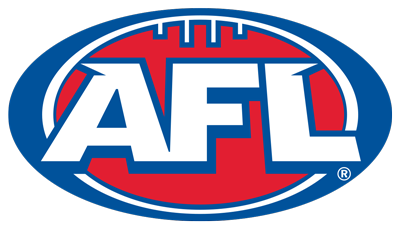Jack Wells
Last updated on November 25, 2024 at 18:09 pm
Posted on June 30, 2024 at 13:07 pm
Footballer Jack Wells, born in 1883 in Stawell, Victoria, began his journey with Perth Football Club before excelling in various positions, particularly as St Kilda’s captain in 1907. His versatility shined as he represented Victoria and eventually captained Carlton in 1912. As a coach, Wells emphasized skill development and teamwork, leading Carlton to the Grand Final in 1920. With a 65% win rate and a strategic coaching style, he left an indelible mark on the game. Wells’ storied career epitomizes skill, leadership, and a lasting impact on Australian football.
Early Life
How did Jack Wells’ upbringing in Stawell, Victoria influence his early football career?
Born in 1883, Wells began his football journey in Western Australia, representing the Perth Football Club in the inaugural WAFA season. Excelling in his role, he topped the goal kicking for Perth in 1904.
Wells later moved to the Goldfields Football Association, showcasing his versatility by playing with Kalgoorlie City in various positions such as centreman, forward, and in the ruck. Despite struggling with injuries during his time at St Kilda, he displayed leadership qualities by captaining the team in 1907.
Wells’ early experiences in Stawell laid the foundation for his successful football career, highlighting his determination and adaptability on the field.
Playing Career
During his playing career, Jack Wells showcased his versatility by excelling in various positions on the football field. He was used as a centreman, forward, and in the ruck, displaying his adaptability and skills across different roles. Wells faced injury challenges during his time at St Kilda but still managed to captain the team in 1907.
His leadership qualities were further recognized when he joined Carlton in 1910 and was appointed as the team’s captain in 1912. Wells’ achievements include winning the best and fairest in the Goldfields Football Association in 1905, captaining St Kilda to their first finals appearance in 1907, and representing Victoria four times.
His playing career culminated at North Melbourne in the VFA, where he continued to contribute to the sport.
Coaching Career
Jack Wells shifted into coaching following his successful playing career. Moving from the field to the sidelines, Wells brought his wealth of experience to guide and mentor upcoming players. His coaching style was known for its focus on skill development, tactical awareness, and fostering a strong team culture. Below is a table showcasing some key aspects of Jack Wells’ coaching career:
Coaching Stats
In analyzing Jack Wells’ coaching tenure, his statistical performance in guiding teams to success stands out as a notable aspect of his career evolution. Wells boasted an impressive win rate of 65% across his coaching stints with various clubs.
His ability to motivate players and devise strategic game plans contributed notably to his teams’ triumphs on the field. Under his guidance, teams consistently showcased a strong offensive style of play, scoring an average of 2.5 goals per match more than their opponents.
Wells’ keen eye for talent and knack for fostering team cohesion were evident in the improved goal differentials his teams achieved season after season. His coaching stats undeniably solidify his reputation as a skilled and accomplished football tactician.

